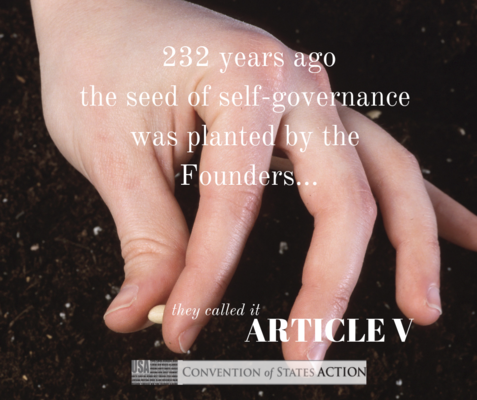In 1776, The Founders who spent countless hours writing and rewriting the Declaration of Independence understood their words (only 1,370) would have long lasting impact of the lives of American citizens. Their words were intentional and laid the foundation for the U.S. Constitution, the laws of which a federalist society ruled themselves under self-governance.
“We hold these truths to be self-evident, that all men are created equal, that they are endowed by their Creator with certain unalienable Rights, that among these are Life, Liberty and the pursuit of Happiness, that to secure these rights, Governments are instituted among Men, deriving their just powers from the consent of the governed, that whenever any Form of Government becomes destructive of these ends, it is the Right of the People to alter or to abolish it, and to institute new Government, laying its foundation on such principles and organizing its powers in such form, as to them shall seem most likely to effect their Safety and Happiness.”
There is another intriguing statement these wise men included in the Declaration:
“Prudence, indeed, will dictate that Governments long established should not be changed for light and transient causes; and accordingly all experience hath shewn, that mankind are more disposed to suffer, while evils are sufferable, than to right themselves by abolishing the forms to which they are accustomed. But when a long train of abuses and usurpations, pursuing invariably the same Object evinces a design to reduce them under absolute Despotism, it is their right, it is their duty, to throw off such Government, and to provide new Guards for their future security.”
I believe, this specific passage sows the seeds for Article V of the U.S. Constitution. Citizens must rebuke a government which has become complicit in political corruption, mired in tyrannical overreach, and drunk on the elixir of taxation.
Eleven years later, at the constitutional convention, George Mason of Virginia, paused the ratification of the U.S. Constitution to debate the importance of an amendment process. He eloquently drove the point home by declaring, “It would be improper to require the consent of the National Legislature, because they may abuse their power, and refuse their consent on that very account.”
“Amendments therefore will be necessary,” Mason proclaimed. Article V was rewritten to afford the states the right to call for a convention for proposing amendments. Two years later, they did just that and the Congress was convened to propose and ratify the first ten amendments to the U.S. Constitution. We the People, were given The Bill of Rights on December 15, 1791.
Join our grassroots movement! Sow the seeds of self-governance. JOIN HERE.


